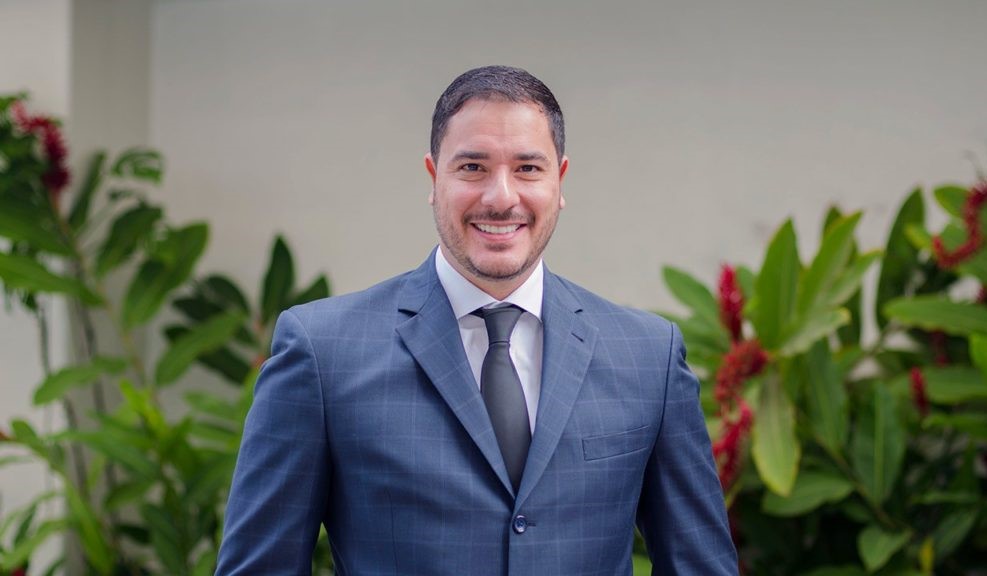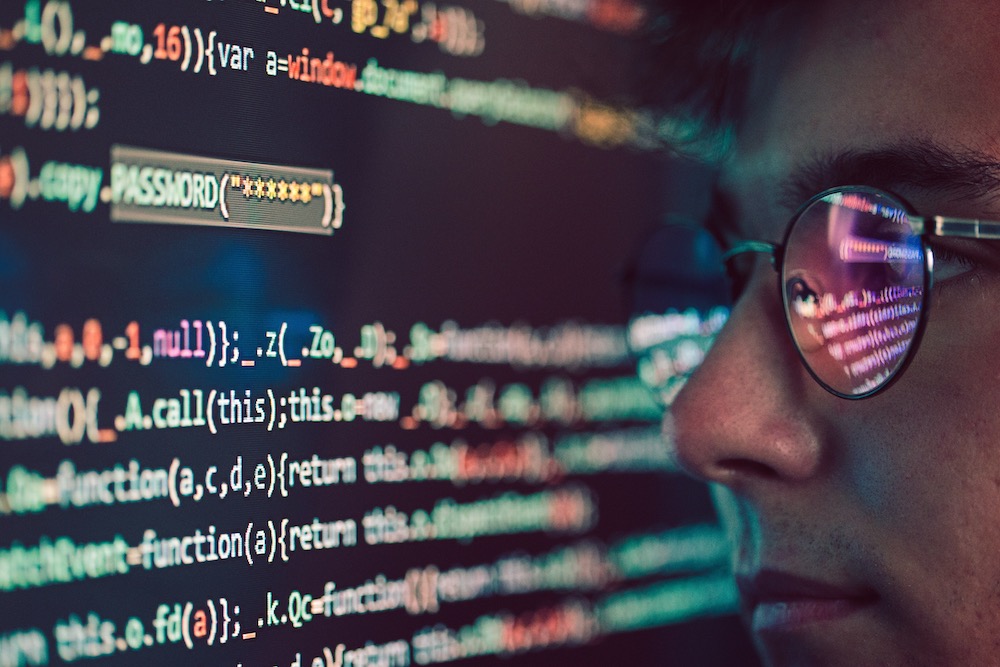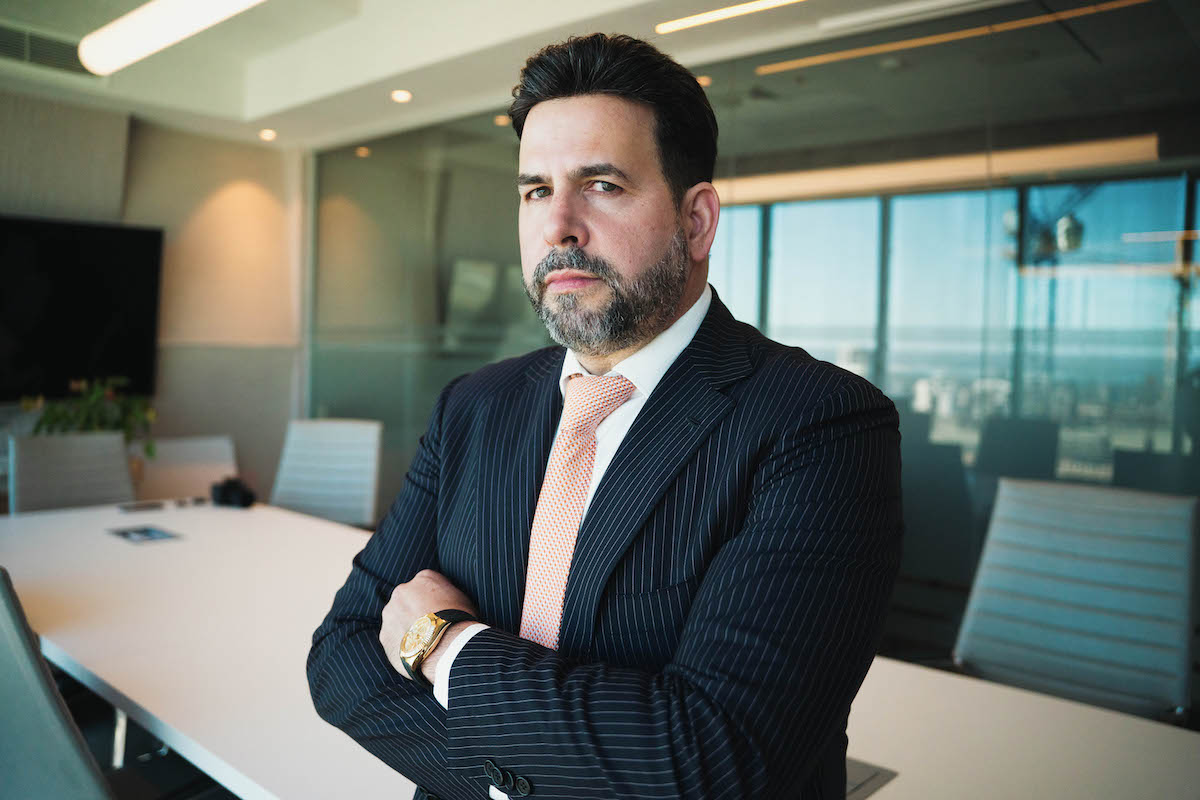Petro was critical of “two world decisions: not to take the step towards a decarbonized economy and isolate ourselves from coal and oil; and to prohibit [drugs], when the same money could be used not in the war, but in the prevention of consumption, as has been done with nicotine, has condemned us, not to be the great explosion of life, as nature tells us, but a place of death, of mass graves, of cemeteries, of bloodshed, of destruction…”
There is a “policy of discarding poor peoples” going on, Petro argued Colombian President Gustavo Petro Friday told the fifth Paris Peace Forum that changes regarding the world's anti-drug policies were needed to bring peace to his country, where violence was much more serious than that in Ukraine.
Petro argued that if the United States were to change its anti-drug policy “based on public health prevention and not criminalization could almost bring Colombia to peace in a matter of months” and asked US President Joseph Biden to become a “peace militant.”
The Colombian leader insisted that the United States “has a determining role because, depending on its drug policy, it brings violence or peace to South America” and underlined that repressive policies in practice since the times of President Richard Nixon 50 years ago have resulted in a million Latin Americans dead.
Petro also said he was pleased that the proposal he launched on the occasion of COP 27 to reduce the debt of developing countries in exchange for investments in climate action “has been accepted as the agenda of the South.”
“I believe that this agenda of the South must be strengthened,” Petro said while insisting his trip to Sharm el Sheikh, where this climate summit is being held, has left Colombia “as one of the vanguards of today,” although he admitted that “all the promises” from the Paris Agreements on climate change “have been unfulfilled.”
Petro also underlined that with no international funding, the situation amounted to “death or mass exodus” for “vulnerable peoples,” while “right-wingers are taking over governments in the rich world or are part of governments” which means there is a “policy of discarding poor peoples,” going on.
The President also referred to Colombia as “a place of death and mass graves.” He questioned the oil and coal industry and claimed that that the world has fought wars with fossils and wealth.
“We are facing in these times, which may be the beginning of human extinction, as science says, also the times of struggle between humanity and greed between humanity and its life and a deadly power that is based on accumulation,” Petro pointed out.
Petro also claimed that Latin American countries were much more violent than European nations such as Ukraine and Russia because the criminal structures currently plaguing the continent were more dangerous than those led by Pablo Escobar, the former head of the Medellin Cartel.
Petro was critical of “two world decisions: not to take the step towards a decarbonized economy and isolate ourselves from coal and oil; and to prohibit [drugs], when the same money could be used not in the war, but in the prevention of consumption, as has been done with nicotine, has condemned us, not to be the great explosion of life, as nature tells us, but a place of death, of mass graves, of cemeteries, of bloodshed, of destruction…”





